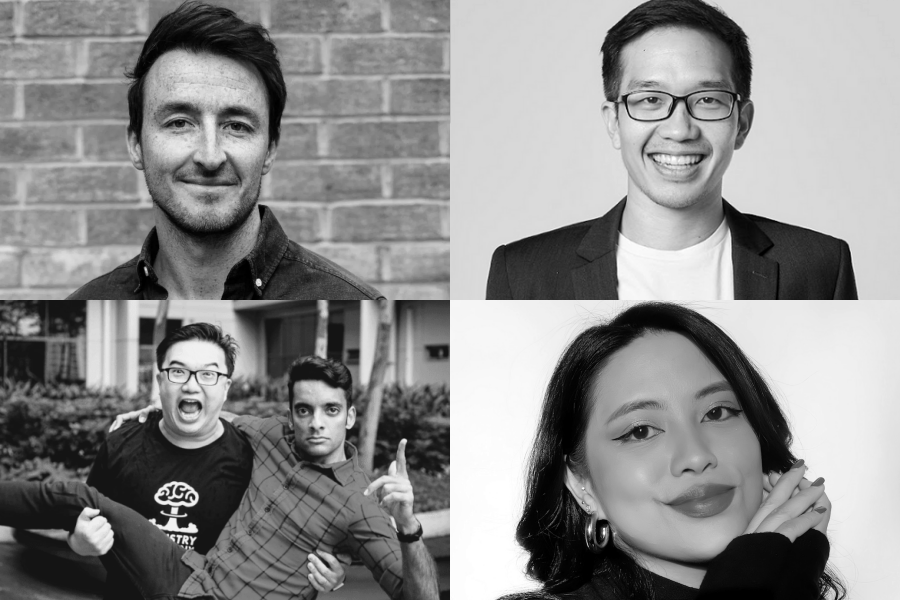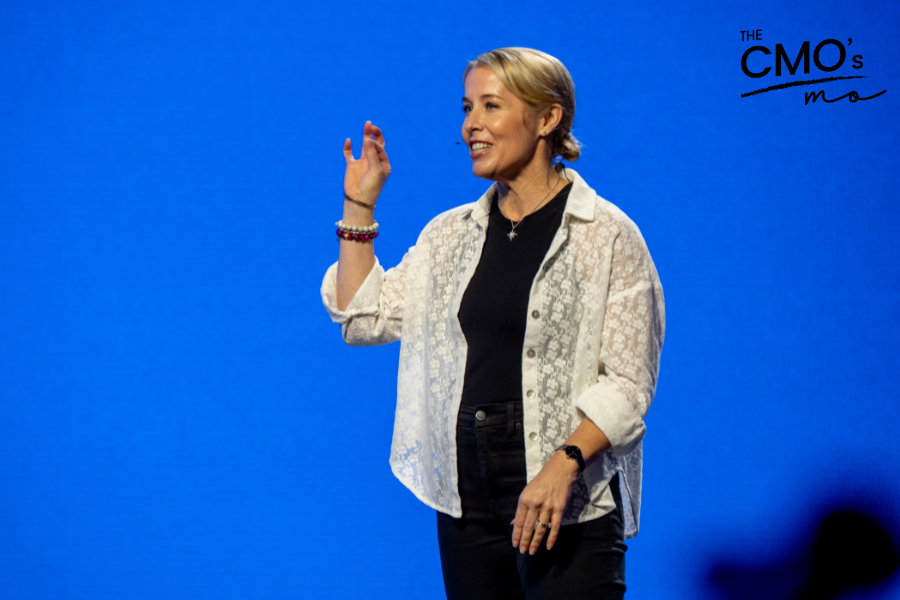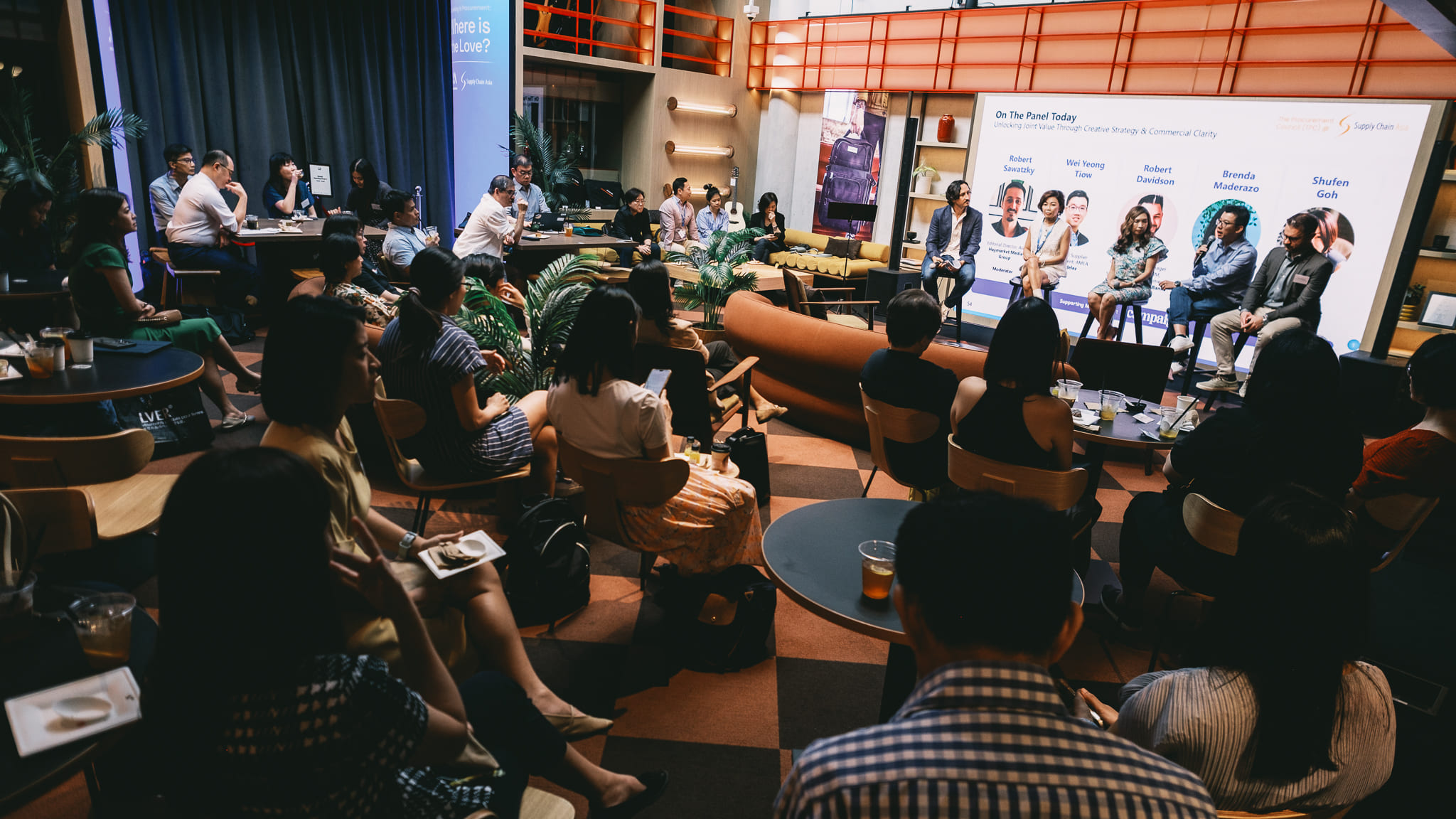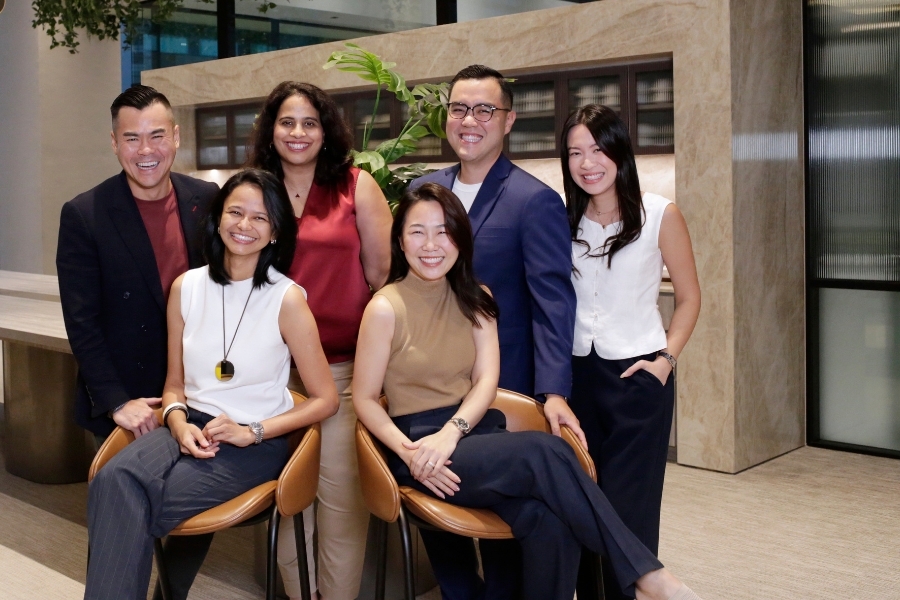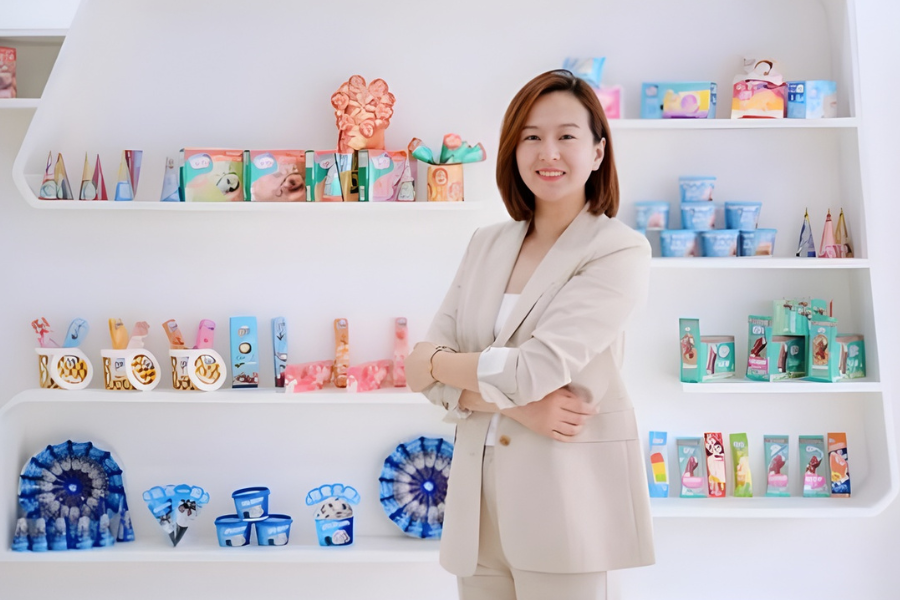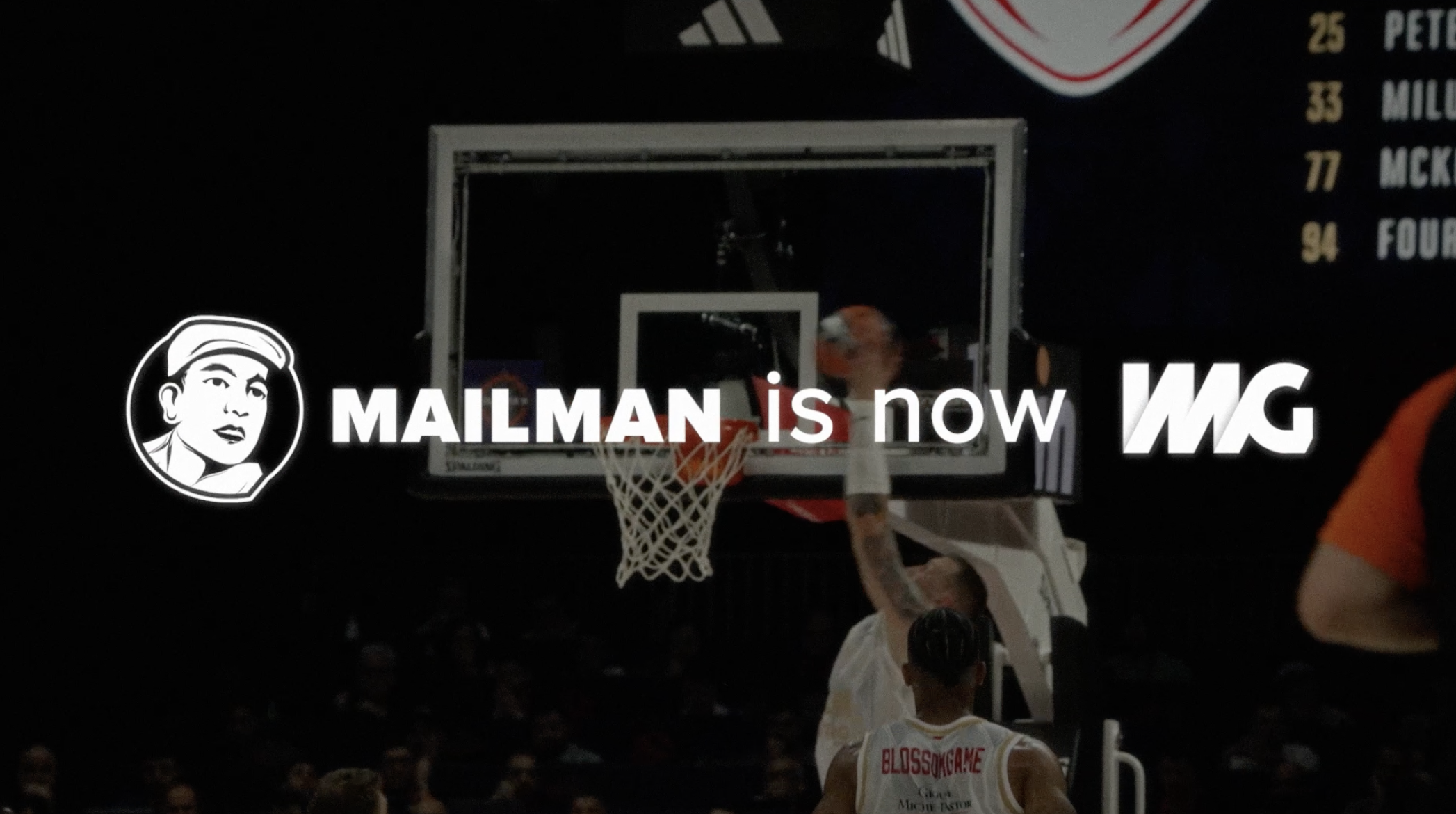A new study by the Framework for Agency Inclusion and Representation (FAIR) and comms agency Think HQ showed that Australian comms agencies are falling behind on diversity practices. While awareness appeared to be high, qualitative findings showed that there were inconsistencies on knowledge and implementation in the workplace as well as in client work and advisory.
The survey, which used 131 responses from the country’s comms industry, found that while all respondents are quite aware of broader diversity and inclusion principles that initially focused on gender, many have limited understanding, much less a focus on cultural diversity. Most of them were aware of the cultural diversity of the Australian population, but do not see the urgency or importance of integrating it in their business operations enough to equate it with business success.
For example, one respondent suggested that they do not see integrating cultural diversity matters in their business as essential because “people are succeeding without it”. The respondent added: “We still seem to be progressing well adapting and being so people don’t see the urgency of the need.”
Another respondent said that diversity in the workplace is not a priority for them because it isn’t tied to their KPIs. Yet another respondent said that multiculturalism in comms work is ‘niche’ whether communicating to Australian-born audiences or residents with migrant backgrounds. “I don’t think it is so much about making your communication sharper for… culturally diverse audiences because they are too niche,” this person said.
In terms of hiring, the interviewees acknowledged the lack of communication practitioners with culturally diverse backgrounds. A few of them who recruited from England had the propensity to count those hires as part of the ‘culturally diverse’ cohort. A majority of respondents quoted that some 20% of their staff have a culturally diverse background but when further probed, they indicated that the number could have included British, who are not considered culturally and linguistically diverse.
One respondent said: “If I think about my career today, it’s predominantly been in agencies with privileged white people, private school-educated, tertiary education."
While ‘positive discrimination’ was quoted as a way to recruit more culturally diverse talent, many respondents also mentioned that second- and third-generation Australians do not necessarily want to be identified based on their ethnicity or ancestry. This appears to be a conundrum that many recruiters or leaders still face in Australia.
Here are a few charts that reflect findings from the study:





|
This article is filed under... Top of the Charts: Key data at a glance |



